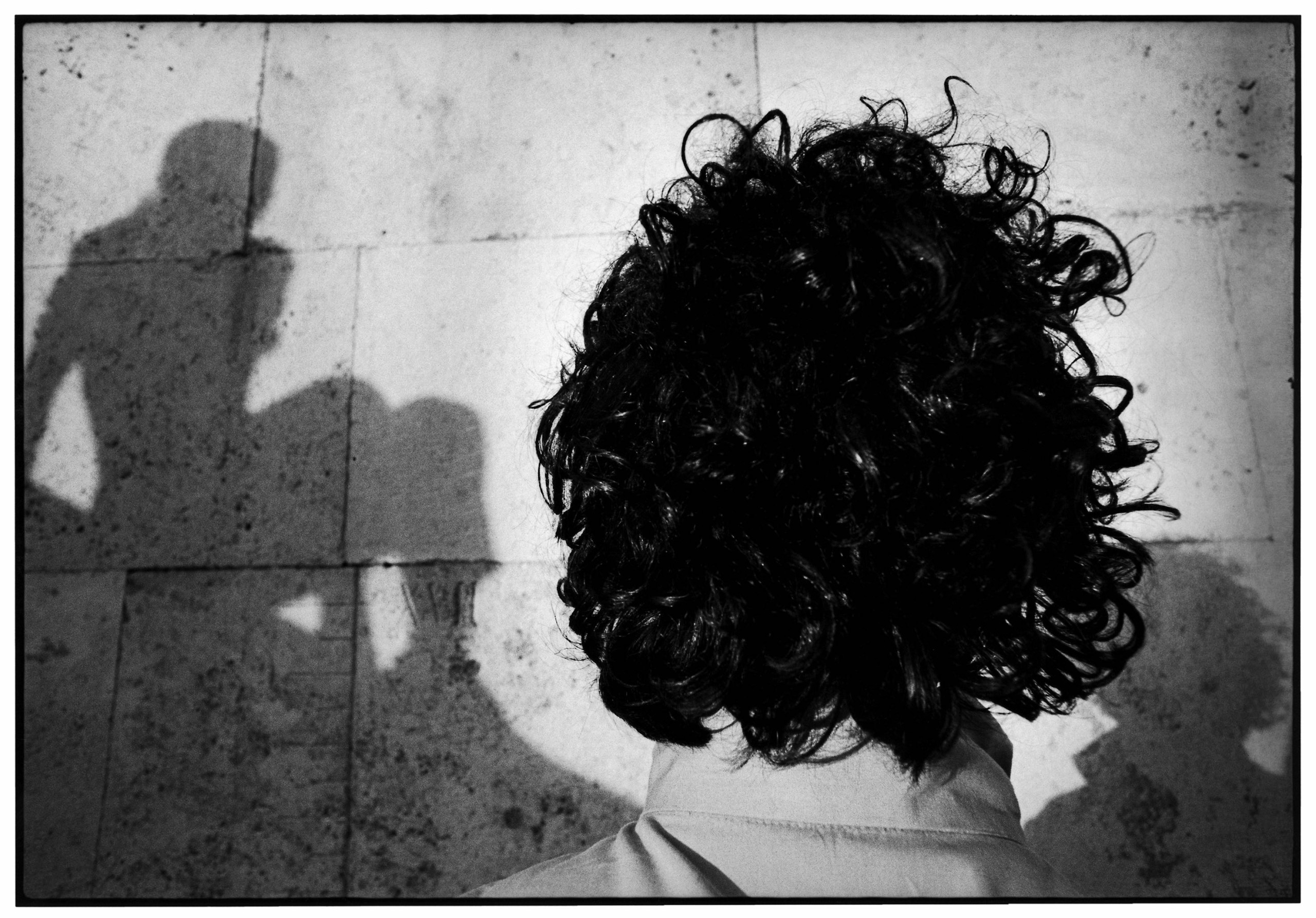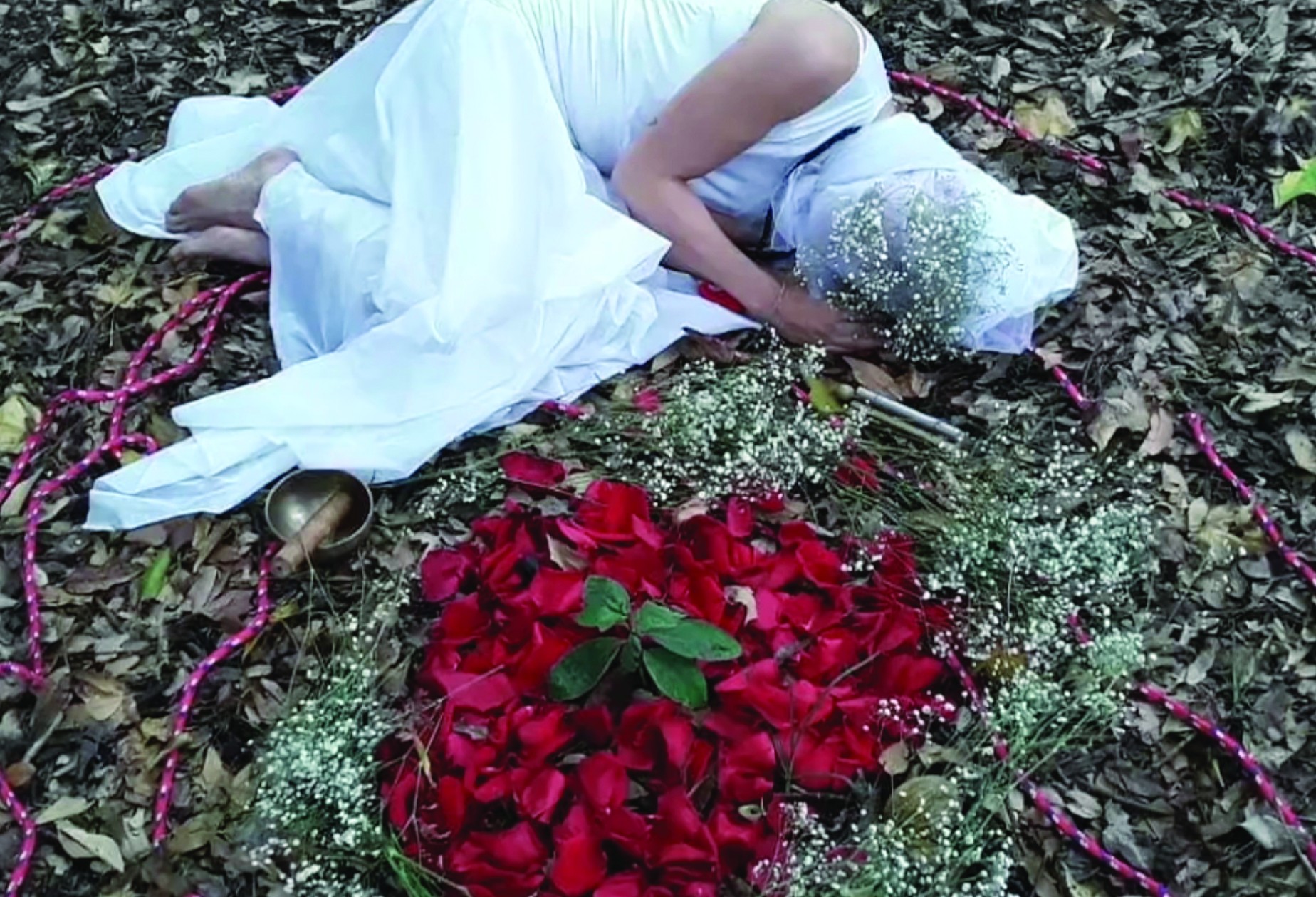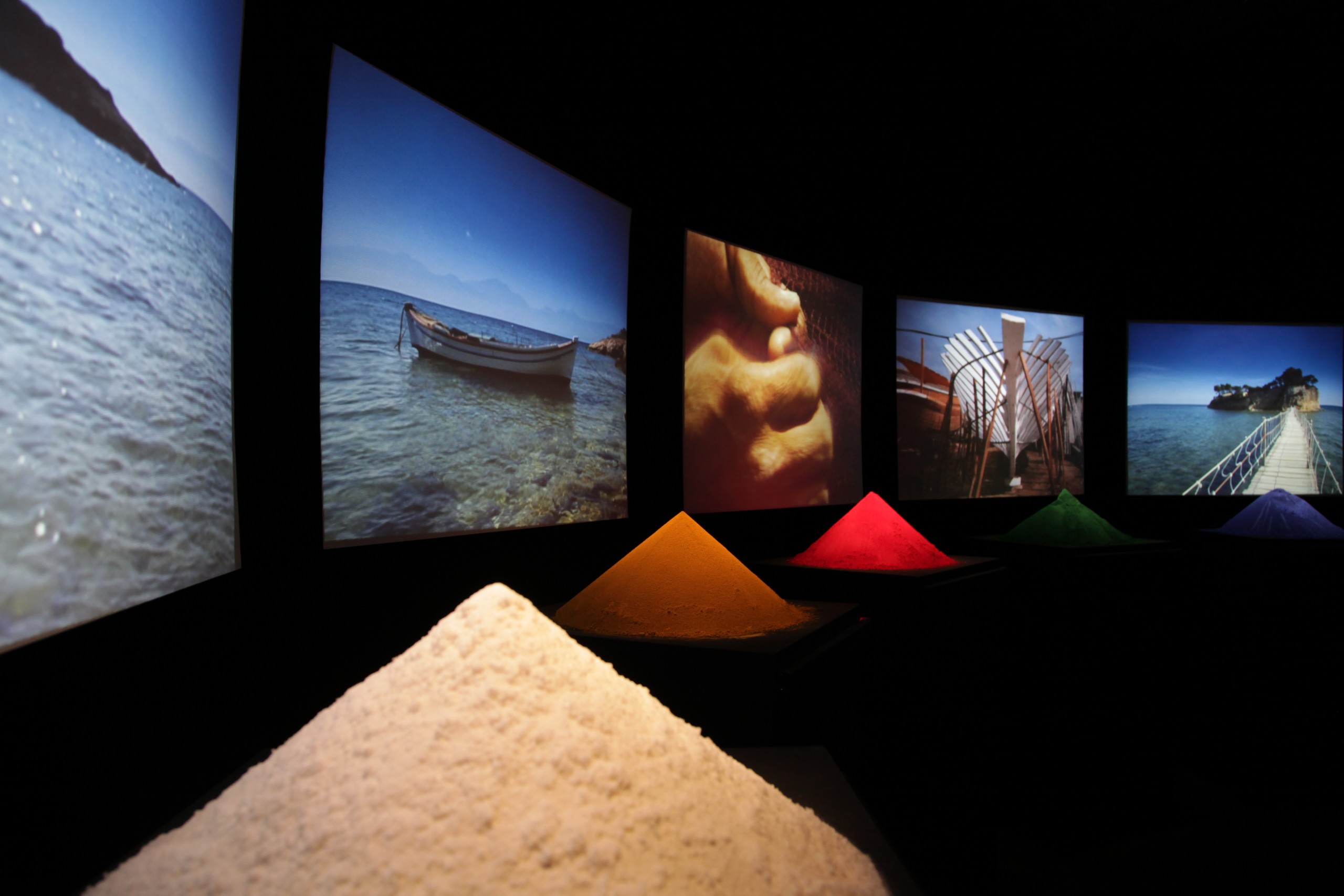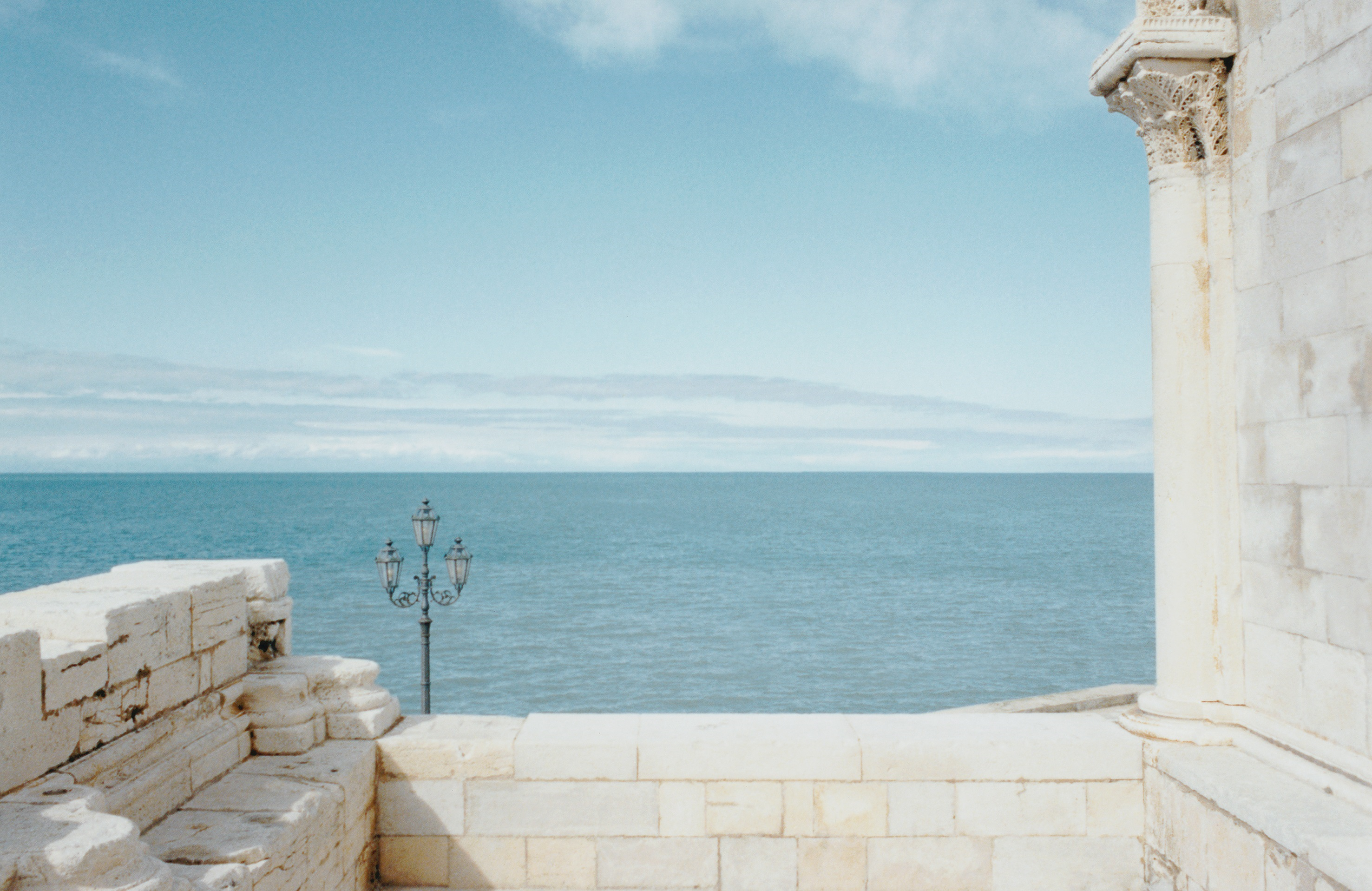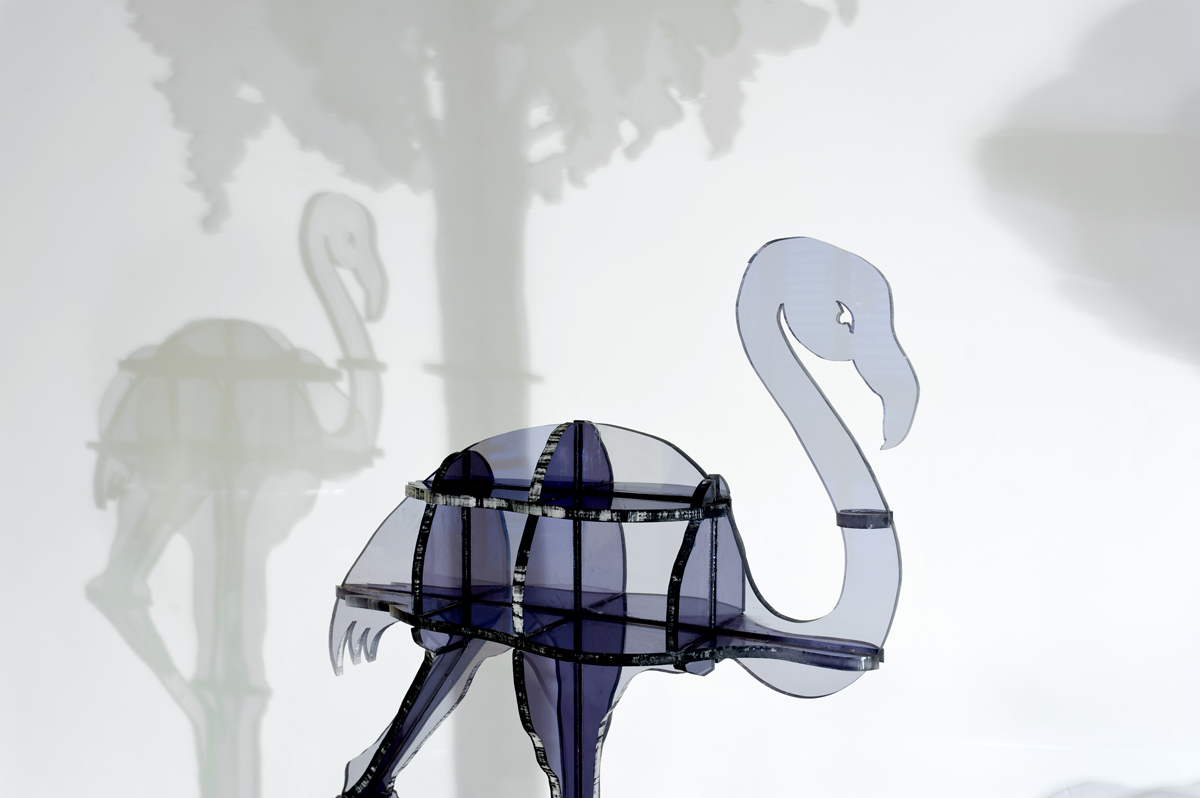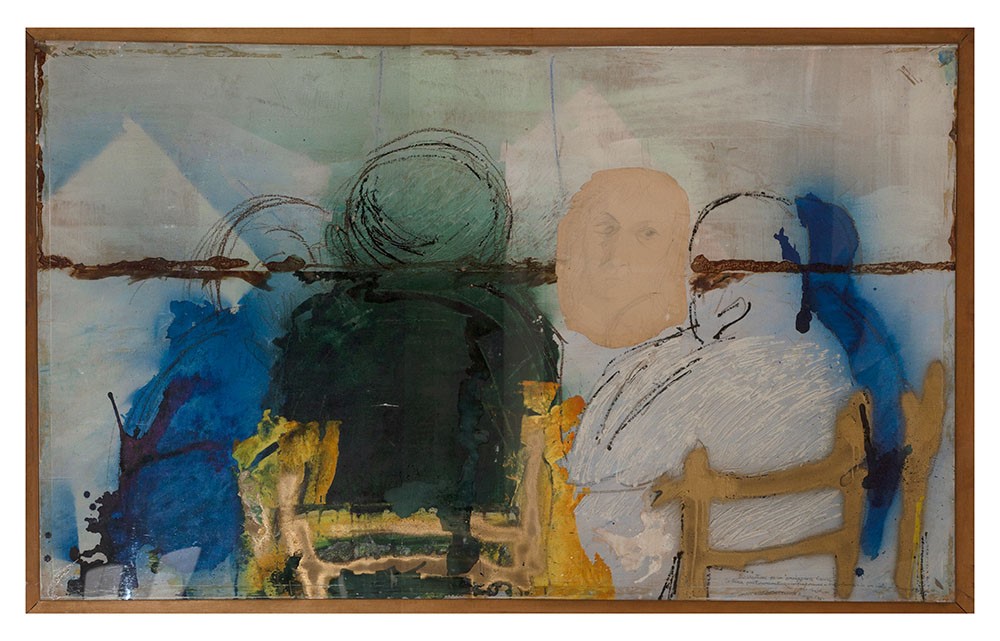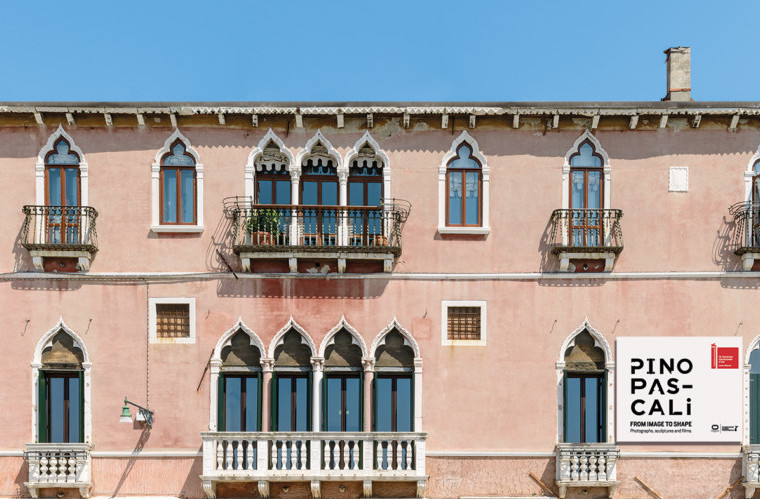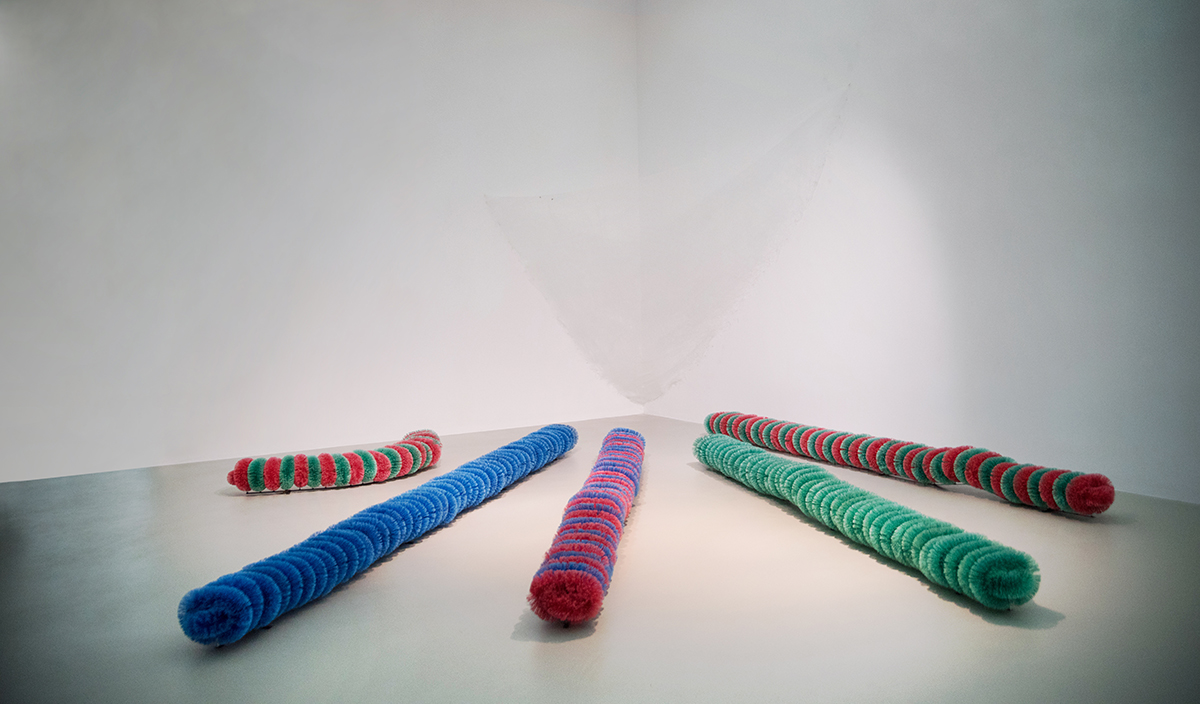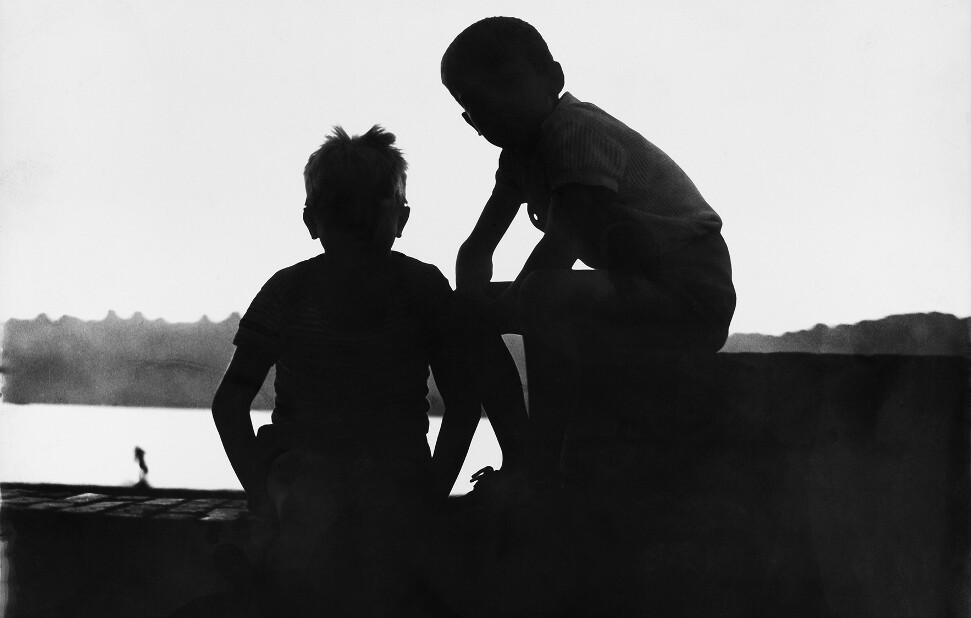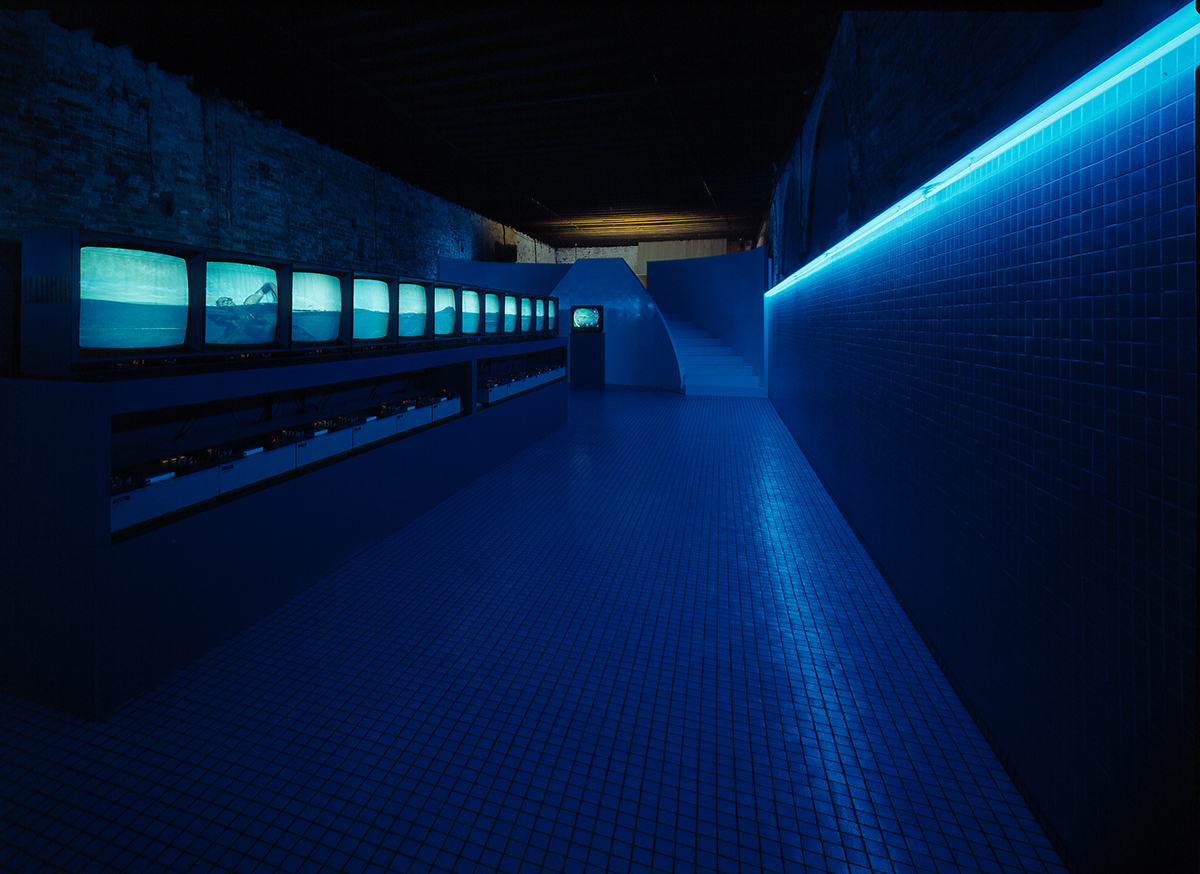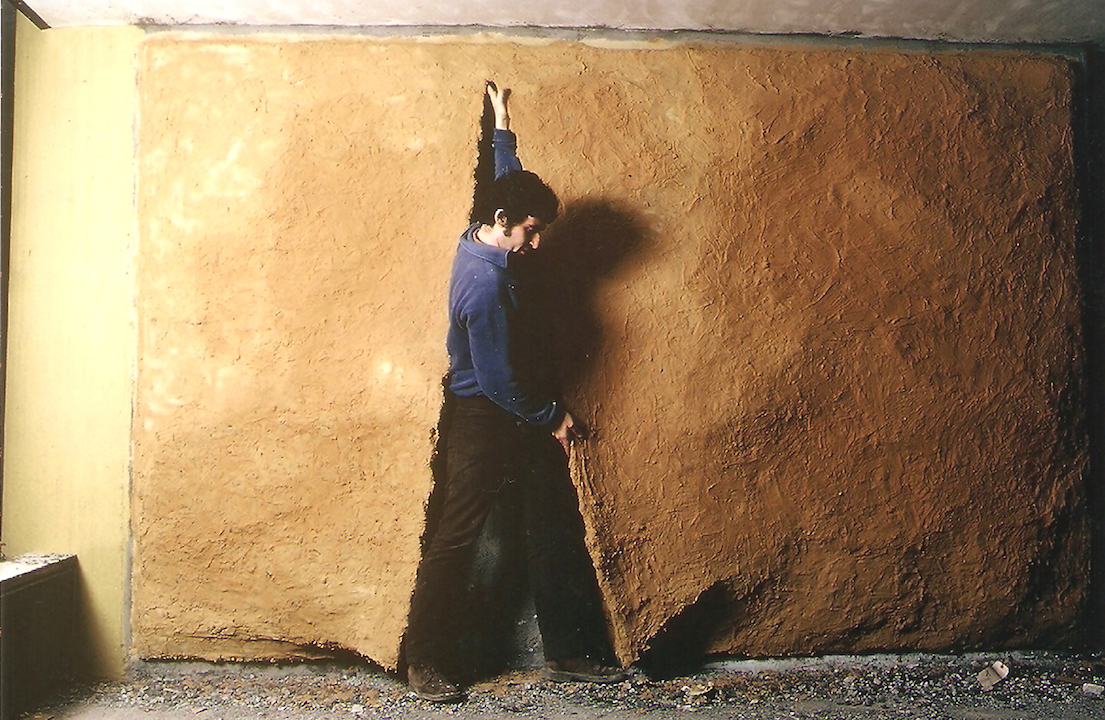FRANCESCO BOSSO / IGINIO IURILLI: a White Tale
Opening: 25th February 2017, 7 pm
curated by Antonio Frugis
The Pino Pascali Museum will host this double solo exhibition, a conversation between a sculptor, Iginio Iurilli and a photographer, Francesco Bosso, around the concept of white seen as a transcendent and absolute element.
The “Pino Pascali” Museum Foundation in Polignano a Mare dedicates this double solo exhibition – which will open on Saturday 25th of February at 7 pm – to Iginio Iurilli and Francesco Bosso.
The exhibition a White Tale will be set up in the Museum’s main room and will be presented as a conversation between a sculptor, Iginio Iurilli, and a photographer, Francesco Bosso, around the concept of “white” seen as transcendent, absolute and spiritual. On the one hand, Iurilli works on the concept of foam with sculptures made of marble dust and quartz and sea salt, thus building a mediterranean alphabet. On the other hand, Bosso presents a minimalist view, and shows landscapes of a sublime kind of simplicity. The artist offers images of a kind of nature in which the concept of sacred slowly dissolve into the whiteness of purity. The exhibition is curated by Antonio Frugis and the catalogue includes an essay by the art critic Walter Guadagnini. Rosalba Branà writes in the catalogue: “Sea, water, salt are the elements that make up the dialogue between a sculptor and a photographer, a mute dialogue that reminds us of Plesson, the main character in Baricco’s novel “Ocean Sea”. Plesson painted the sea with sea water. And when on the canvas even the lightest of shadows left by the brush dries out and white returns, we dive into an endless silence…”
Iginio Iurilli was born in Gioia del Colle and studied in Rome at the Academy of Fine Arts. In 1968 he moved to Bari where he began to paint and to take his first steps into the “New Figuration” movement. He attracted the critics’ attention with his consideration for ecological issues in general and urban and extra-urban decay in particular. During this period, he appeared in different national fairs among which the “28th Michetti Award” and the “10th Quadriennale in Rome” in the section dedicated to “New Generations”. In 1977 he decided to take a break from painting in order to look for new forms of expression. This is how he started his research on children’s toys and games as a way of restoring old traditions. Among the different games, he re-discovered the blowgun and with it gave way to evocative recreational installations in which he emphasises the role of darts that he makes with notebook pages painted in a very informal way. After a long period spent experimenting new techniques and new materials, in the early 1990’s he produced his first bas-relief works made in carved wood and covered with sea salt, marble dust, desert sand and big curls. It is thanks to these works that he has become popular among critics and the public and that, to this day, he actively shows his works both in Italy and abroad.
Francesco Bosso also lives and works in Apulia. He approached photography as a very young man and soon learnt shooting and darkroom techniques to develop black and white films. He then studied and explored the works of Feininger, Langford, Adams and Weston.
Documentary Photography was his main field of work during his early projects realised across Kenya, South Africa, Zimbabwe, Botswana and Tanzania. He published the works produced during these journeys in the book entitled “Swahili” (Electa). In 2003 he began his “journey” across the Basilicata region, travelling through the familiar places of his childhood and publishing the book “Sassi e Calanchi” (“Stones and Badlands”), in collaboration with the Matera Province. His frequent journeys to China have seen him reach remote regions of this huge country such as Yunnan and Xinijang, where he focused his works on the numerous ethnic minorities in a publication entitled China Crossing published by Castelvecchi. His experience in the United States and his encounter with Kim Weston, grandson of the master Edward Weston, has influenced his later works, while his collaboration with John Sexton and Alan Ross, Ansel Adams’s assistants, has helped refine his printing techniques. His latest works have focused mainly on black and white photography. During the 56th Venice Biennale (2015) he was at the centre of a solo show hosted in the Candiani Cultural Centre, in which he defined himself as interpreter of wild nature in black and white.
The catalogue of the exhibition will include texts by Rosalba Branà, director of the Pino Pascali Museum, Antonio Frugis and the critic and curator Walter Guadagnini.
Opening: 25th February 2017, 7 pm
The exhibitions will run until the 7th of May 2017.
Opening hours: From Tuesday to Sunday 10-13 / 16-21. Closed on Mondays.
PH: 080.424.9534 – 333.2091920
(The ticket office closes half an hour before the museum – tickets cost 2 euro plus reductions if applicable)
FONDAZIONE MUSEO PINO PASCALI
VIA PARCO DEL LAURO 119 – 70044 POLIGNANO A MARE (BA) – PH: +39 080 4249534
www.museopinopascali.it
press: Santa Nastro +39 3928928522
snastro@gmail.com


